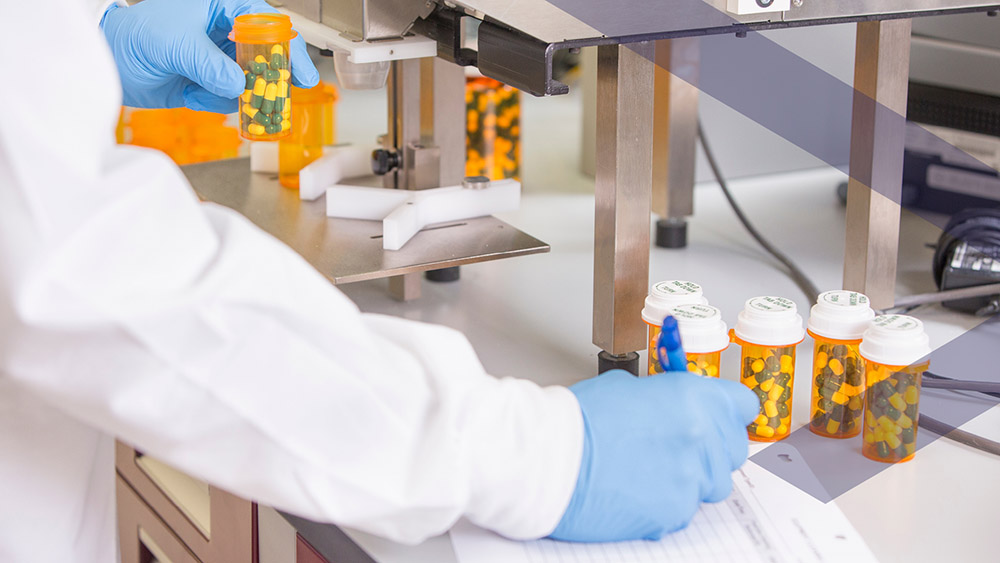Empowering tomorrow: building skills for sustainable medicines manufacturing in the life sciences sector
The latest Workforce Foresighting report, Driving sustainability in medicines manufacturing, is a collaborative effort by CPI, their partners and the Workforce Foresighting Hub. The report delves into the critical industry challenge of eliminating, substituting, reducing, and recycling fossil-based solvents in Active Pharmaceutical Ingredient (API) manufacturing processes. This challenge, identified by the Medicines Manufacturing Industry Partnership Sustainability Group, aims to transform the pharmaceutical sector towards a more sustainable future.
Focus on Life Sciences
The life sciences sector is pivotal for the UK’s economic growth, with projections indicating the need for up to 70,000 new jobs by 2035. Additionally, around 75,000 employees will be required to replace those exiting the workforce, with half of these roles needed in the Biopharma sector. As the sector evolves, diverse educational and training pathways are essential to address skills gaps and maintain global competitiveness.

Sustainable medicines manufacturing
Innovative technologies in environmentally sustainable medicines manufacturing presents a significant opportunity to strengthen the UK role in the global life sciences sector. Sustainable manufacturing is crucial to preserve natural resources, reduce waste, and lower carbon emissions, aligning with the UK’s Net Zero targets. The pharmaceutical industry, contributing 4-5% of global emissions, must adopt a whole-systems approach to improve sustainability.
API manufacturing and solvent technologies
Approximately one-quarter of emissions from pharmaceutical companies stem from API manufacturing. Developing sustainable API manufacturing processes, including the use of bio-based and low-impact solvents, is vital. However, the industry currently lacks the capabilities to implement these changes at the necessary scale and pace.
Findings and next steps
The report outlines the findings of the workforce foresighting study and suggests actionable steps for stakeholders to create a workforce ready to implement these new technologies effectively, including:
- Building expertise – The study identified 138 capabilities required across various functions to enable the adoption of new solvent technologies for sustainable API manufacturing. These capabilities span 22 job roles, detailed in the future occupational profiles (FOPs) within the report. Critical roles include Senior Leader, Senior Process Engineer, Senior Process Chemist, Process Leader, Equipment Design Engineer, and Sustainability Officer.
- Cross sector collaboration – Employers are encouraged to review the new capabilities required for these roles and collaborate with education and training providers to develop appropriate programmes. Educators should review current qualifications and compare them with the required capabilities to identify opportunities for curriculum development.
- Integrating sustainability – To drive sustainability in medicines manufacturing and maintain UK competitiveness, ongoing collaboration is crucial. Addressing barriers such as limited technological knowledge, unclear regulatory pathways, and inconsistent business investment requires cross-industry partnerships. Building the relevant skills and expertise within the workforce will provide a foundation for change.
For a detailed analysis and further recommendations, access the full Workforce Foresighting report and explore the Workforce Foresighting Hub data visualisation tool.
Related programme

Workforce Foresighting
How do we build a skilled workforce for tomorrow’s industries? The Workforce Foresighting Hub has developed a structured process, aligned with national policy, to help deliver a workforce to exploit innovative technologies in the UK. We’re supporting industry, policymakers and educators to adapt to continuing change.

